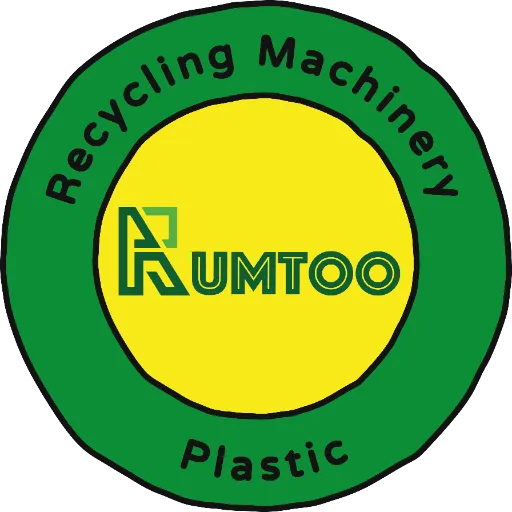Introduction:
Single-shaft shredders are powerful machines used for breaking down various materials into smaller, more manageable sizes. But with so many different types of waste, it can be confusing to know what’s suitable for shredding. This guide will explore the ideal waste types for single-shaft shredders, helping you make informed decisions for your recycling and waste management processes.
Understanding Single-Shaft Shredders:
Single-shaft shredders work by using a rotating shaft with cutting teeth to tear and break down materials. These shredders are known for their versatility, handling a wide range of materials with varying degrees of hardness and density.
Waste Types Ideal for Single-Shaft Shredders:
1. Plastic Waste: Single-shaft shredders are excellent for processing various plastic types, including:
- Bottles: PET bottles, HDPE bottles, and other common plastic bottles can be effectively shredded for recycling.
- Films: Plastic films, bags, and wrappers are easily shredded, preparing them for further processing.
- Containers: Plastic tubs, buckets, and other containers can be shredded for reuse or recycling.
2. Paper and Cardboard: Shredders are perfect for processing paper and cardboard waste, reducing it to smaller pieces for recycling or composting.
- Paper: Office paper, newspapers, cardboard boxes, and other paper products are readily shredded.
- Cardboard: Cardboard boxes, paperboard, and other cardboard materials are easily broken down for recycling.
3. Wood Waste: Single-shaft shredders can effectively handle wood waste, including:
- Scrap Wood: Wood scraps, pallets, and other wood remnants can be shredded for fuel or other uses.
- Logs and Branches: Larger wood pieces, including logs and branches, can be shredded into smaller pieces for easier handling.
4. Textile Waste: Shredders can effectively break down various textile materials, including:
- Clothing: Old clothing, rags, and other textiles can be shredded for recycling or repurposing.
- Carpet and Rugs: Carpet and rug scraps can be shredded for use in landscaping or other applications.
5. Electronic Waste (E-Waste): Single-shaft shredders are commonly used for processing electronic waste.
- Circuit Boards: Electronic components can be shredded to separate valuable metals from other materials.
- Cables and Wires: Shredders can efficiently break down cables and wires for recycling.
6. Other Waste Types:
Single-shaft shredders can handle additional waste types, including:
- Rubber Tires: Tires can be shredded for recycling or repurposing.
- Agricultural Waste: Crop residues, straw, and other agricultural waste can be shredded for composting or animal bedding.
Factors to Consider for Choosing a Single-Shaft Shredder:
- Capacity: The amount of waste you need to process will determine the size and capacity of the shredder you require.
- Material Hardness: The hardness and density of the waste will impact the shredder’s power and cutting capacity.
- Cutting Size: Consider the desired final size of the shredded material.
- Safety Features: Safety features, such as safety guards and interlocks, are crucial for operator safety.
Choosing the Right Shredder:
When selecting a single-shaft shredder, it’s essential to consider the specific waste types you will process and the desired output size. Consult with a shredding machine supplier or manufacturer for guidance on choosing the most suitable shredder for your needs.
Conclusion:
Single-shaft shredders offer a versatile and efficient solution for processing a wide range of waste materials. Understanding the suitable waste types and considering relevant factors will help you make informed decisions for your recycling and waste management needs. By choosing the right shredder, you can contribute to a more sustainable future by efficiently processing and recycling valuable materials.
FAQs
Q: What size material can a single-shaft shredder handle?
A: Single-shaft shredders can handle a wide range of sizes, from small scraps to large logs and branches. The specific size depends on the model and cutting capacity of the shredder.
Q: Can a single-shaft shredder shred metal?
A: While some single-shaft shredders can handle small amounts of metal, they are not ideal for shredding large quantities of metal. Specialized metal shredders are recommended for this purpose.
Q: What are the benefits of using a single-shaft shredder?
A: Single-shaft shredders offer benefits such as versatility, efficiency, and cost-effectiveness. They can handle a variety of waste types, reducing material volume and preparing it for recycling or other applications.
Q: What maintenance is required for a single-shaft shredder?
A: Regular maintenance is essential for extending the lifespan of your shredder. This includes checking the cutting teeth, oiling moving parts, and ensuring proper lubrication.
